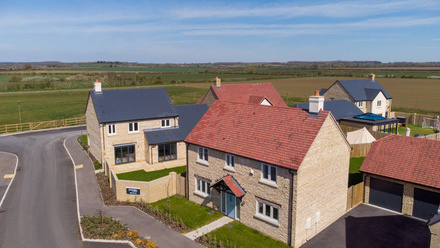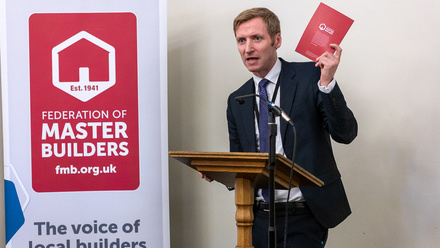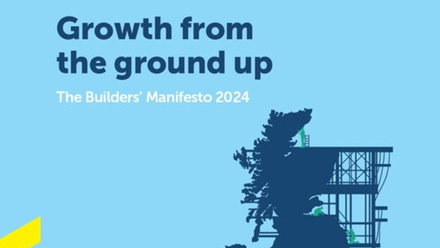One of the fundamental roles of the FMB is voicing the views of members to policy makers across the UK. As small, local construction firms our members are the backbone of the industry in Scotland. This is one of the key messages which I articulate to a range of stakeholders, including MSPs. Meetings of our Scotland Board and regular engagement with members on the phone or during our monthly Zoom meetings ensure that I am up-to-date on the issues experienced by members.
In recent weeks the Scottish Parliament’s Net Zero, Energy and Transport Committee has been running an inquiry into the role of local government and its cross-sectoral partners in financing and delivering a net-zero Scotland. Not exactly an alluring title. However, the committee’s convener; Dean Lockhart MSP, invited me to give evidence as the committee wanted to understand more about the current and future skills of tradespeople to achieve Scotland’s climate change target of net zero by 2045.
Who joined me in front of the Net Zero, Energy and Transport Committee?
When giving evidence to Parliamentary committees, you don’t receive a list of questions in advance so it’s wise to over-prepare, lest the questioning get tough.
Joining me on the panel, were representatives from the CITB, Local Authority Building Standards Scotland (LABSS) and Scotland and Northern Ireland’s Plumbers Employers Federation (SNIPEF). You can find out which MSPs are on the Committee here and you can even watch the video recording of the session here.
I focused my answers on the challenge of decarbonising our existing buildings to help Scotland meet the 2045 target. It is estimated that 80% of buildings currently standing will still be here in 2045. Scotland’s buildings contribute 23% of Scottish greenhouse gas emissions and nearly 75% of these come from residential buildings Therefore, delivering works to improve their state of repair, enhance their insulation and install appropriate heating systems is a key economic opportunity for our members.
The reality though is that there is an absence of demand from homeowners to have energy retrofit upgrades delivered as part of a home refurbishment or renovation project.
The scale of the retrofitting challenge in Scotland
Our members need confidence in a long-term pipeline of work if they are to invest in their business to serve this market. A wider national retrofit strategy, with skills as one piece of the jigsaw would help. If a buoyant marketplace for energy retrofit works does emerge, then more members will be inclined to take the necessary actions (on skills investment for example) to benefit from it.
The scale of the retrofit challenge is huge, with around one million Scottish homes needing to have energy retrofit works delivered to reduce their energy consumption. Over 23 years (2022-2045) this would require 113,000 homes to be retrofitted per year, or 490 homes per day. A daunting challenge and without involving the skills, capacity and willingness of FMB members as quality local building firms, it risks being unworkable.
More on this from the Scottish Government later this year when it engages with the FMB on the Supply Chain Delivery Plan for retrofit.







